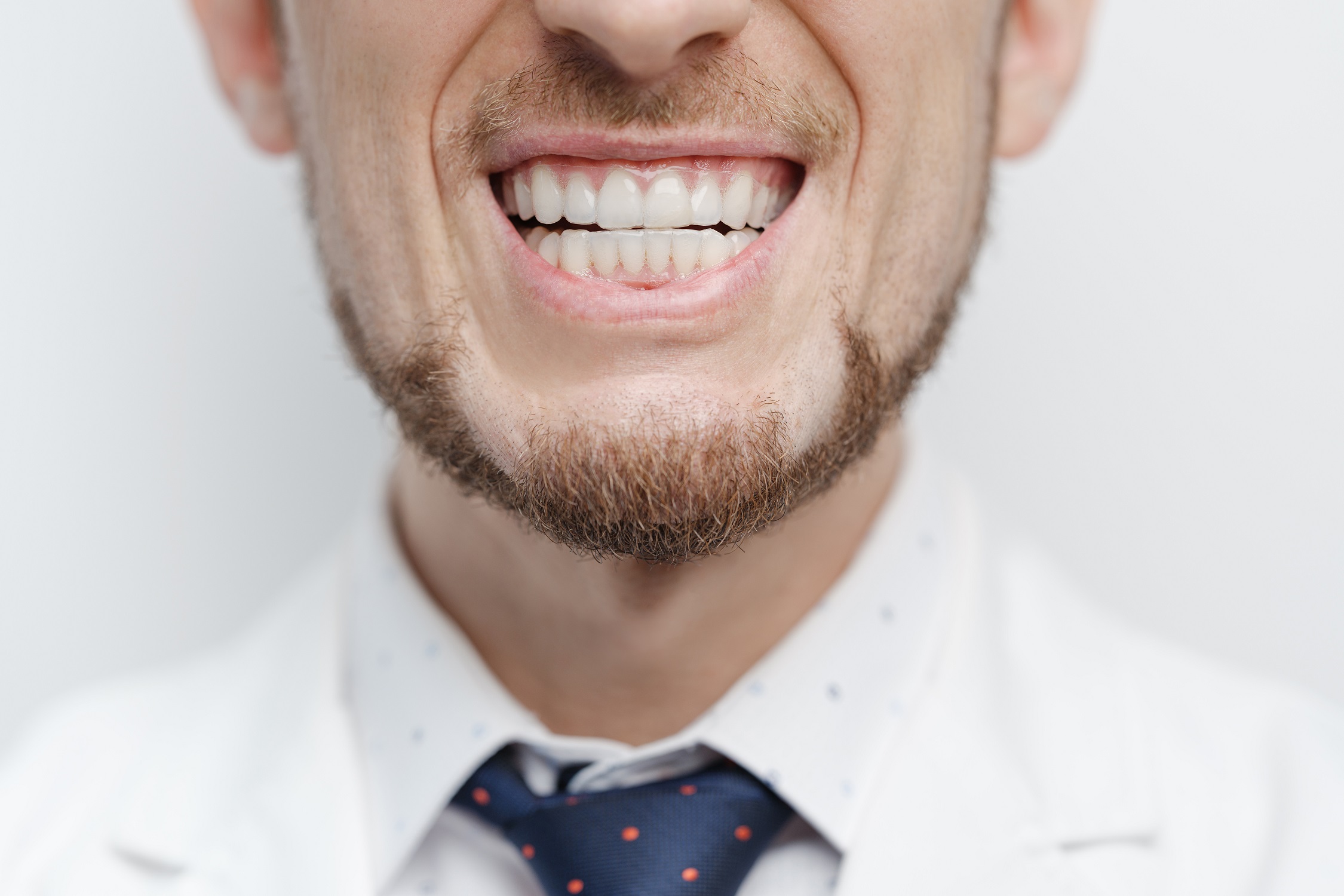Dentists often encounter patients struggling with bruxism, more commonly known as teeth grinding. This condition can lead to numerous dental issues, like tooth damage, jaw pain, and headaches. As a result, preventing teeth grinding becomes an important part of maintaining oral health and overall well-being. In this article, we’ll discuss some effective strategies to prevent teeth grinding, focusing on lifestyle changes, medical interventions, and stress management.
Understanding Teeth Grinding
Teeth grinding, or bruxism, is an involuntary habit of clenching and grinding the teeth. It can happen during the day (awake bruxism) or at night (sleep bruxism). While awake bruxism tends to be caused by stress or concentration, sleep bruxism is more problematic because you’re not aware of it while it’s happening, exerting significant pressure on the teeth. Symptoms of bruxism include jaw pain, headaches, earaches, and damaged teeth.
Causes of Bruxism:
While bruxism doesn’t have a single cause, it’s influenced by various factors, like stress, anxiety, sleep disorders, and lifestyle habits. Stress and anxiety are major contributors, with people experiencing depression or generalized anxiety disorders more likely to experience bruxism. Lifestyle habits such as smoking, alcohol consumption, and excessive caffeine intake also make it more likely for people to grind their teeth.
Lifestyle Changes
Stress Reduction Techniques:
One of the best methods for preventing bruxism is reducing the stress levels in your life. Practicing mindfulness and relaxation techniques can help significantly. Meditation, deep breathing exercises, and yoga are also effective ways to manage stress and anxiety. Switching to a more calming bedtime routine, like taking a warm bath, listening to soothing music, and avoiding screens before bed, can reduce nighttime teeth grinding by making you more relaxed.
Dietary Adjustments:
Your diet also plays a huge role in bruxism. Avoiding stimulants like caffeine and alcohol, especially later in the day and in the evening, can help prevent teeth grinding. Additionally, not eating hard and sticky foods that take a lot of chewing, like nuts, popcorn, and gum, can reduce your risks of causing bruxism.
Medical and Dental Interventions
Dental Appliances:
Dental appliances like mouth guards and splints provide some of the most common and effective bruxism treatments. These devices are worn at night to keep the teeth from grinding against each other. Mouth guards, which can be custom-made by a dentist, are typically made of soft material and fit over the upper or lower teeth. They reduce the pressure from clenching and protect your teeth from damage.
Some patients may get a mandibular advancement device (MAD) recommended to them by their dentist. MADs work by stabilizing the jaw to prevent clenching and grinding. They also go a long way in reducing snoring and improving sleep quality.
Medications:
In some cases, medications may be prescribed to manage bruxism. Muscle relaxants taken before going to bed reduce jaw muscle activity, thereby alleviating grinding. Botox injections are another option for severe cases, as they temporarily relax the jaw muscles and reduce pain. However, these treatments are short-term solutions and ideally should be used in tandem with other preventive measures.
Behavioral Therapy:
Behavioral therapy, including biofeedback and cognitive behavioral therapy (CBT), can help with managing bruxism. Biofeedback involves using an electronic instrument to look at muscle activity and provide feedback, helping patients learn to exert more control over their muscle movements. CBT explores the underlying stress and anxiety that contribute to bruxism, providing patients healthier coping mechanisms.
Self-Care and Home Remedies
Good Sleep Hygiene:
Another important step in preventing teeth grinding is maintaining good sleep hygiene. Keeping your sleep schedule regular, addressing sleep apnea, and creating a comfortable sleep environment can improve sleep quality, which reduces the likelihood of bruxism. Avoiding stimulants, keeping the bedroom cool and dark, and using a supportive pillow can all go a long way in improving your sleep hygiene.
Jaw Exercises and Massages:
Jaw exercises and massages relax the jaw muscles, reducing the pain associated with bruxism. Simple exercises, such as stretching the jaw and gently massaging the muscles, can reduce tension and promote relaxation. Applying a warm compress to the jaw area before bed can also help soothe the muscles.
Regular Dental Check-ups:
Getting regular dental check-ups is crucial for monitoring and managing bruxism. Dentists can identify early signs of tooth damage and treat them before they get worse. Custom-made mouth guards and other dental appliances can be fitted during these visits to protect the teeth and reduce symptoms.
Leveraging Bruxism Treatment
Preventing teeth grinding requires a versatile approach that includes lifestyle changes, medical interventions, and stress management. By reducing stress, making dietary adjustments, using dental appliances, and practicing good sleep hygiene, you can significantly reduce the chances of engaging in bruxism, as well as its impact on your oral health as a result. Regular dental check-ups and seeking professional advice are important for effective management of the condition. Remember, addressing bruxism early can prevent long-term dental problems and improve your overall quality of life.




